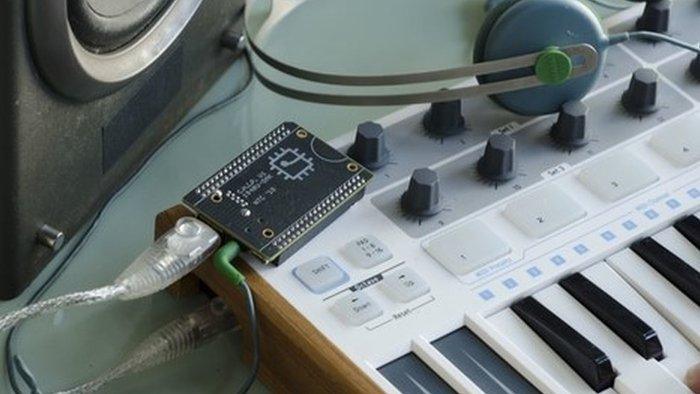Tablets 'eroding' children's digital skills
- Published

Children are learning very different skills via tablets and smartphones, suggests a report
Children's growing use of mobile devices may hamper their learning of key technology skills, says a report.
An Australian educational body noted a "significant decline" in IT literacy among some students since 2011.
Its report said children learned very different skills on tablets and smartphones to the basic technology skills required for the workplace.
Changes to the way that ICT was being taught in Australian schools could explain some of the decline, it said.
The report added that significant alterations in the types of devices people use could also be behind some of the changes.
Poor performance
The report by Australia's National Assessment Programme looked at technology literacy among two groups of children - one just leaving primary school and another in its fourth year of secondary school. More than 10,500 students took part.
It compared digital literacy scores from 2011 with those from a survey carried out in late 2014.
"This report shows a significant decline in their ICT literacy performance when compared to previous cycles," it said, external.
Both age groups saw a decline in IT proficiencies, it added. Statistics revealed that the average performance of 16-year-olds in the 2014 group was lower than the average in any other year.
In addition it found that the number of children meeting basic ICT literacy standards in these age groups had dropped.
"These declines in performance are concerning and warrant serious attention," said the report.
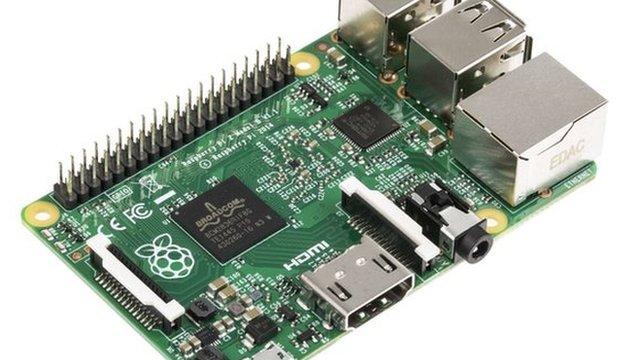
The Raspberry Pi project was started to help make children more computer literate
The online survey asked children to complete a variety of tasks including
using a blog and search engine
making invitations using graphics software
completing online registration forms and using social media to promote an event
setting up a tablet and install apps
creating an animated video about water safety and uploading files
Pupils now made "increased" and "extensive" use of mobile technology and it was possible that this meant they were "practising fewer of the skills that have been associated with ICT literacy," it said.
Tablets and smartphones were making children competent at using many forms of online communication, it said, at the expense of those other skills emphasised by the curriculum.
It warned against assuming that children who use tablets and other portable devices were more widely competent with technology.
"We cannot expect students to become proficient on important employability and life skills, just by using computing devices for games and social interaction," it said. "They also need to be taught the relevant knowledge, understanding and skills."
Eben Upton, who came up with the idea for the bare-bones Raspberry Pi computer, said the Australian research presented some "interesting" conclusions.
"It's always been my belief that 'appliance-like' hardware platforms don't encourage real computer literacy because there are missing rungs on the ladder between being a consumer and being a producer," he told the BBC.
"There's a place for tablets in education, but we need to get away from the idea that knowing how to pinch-zoom makes your toddler the next Bill Gates," he said.
- Published27 October 2015
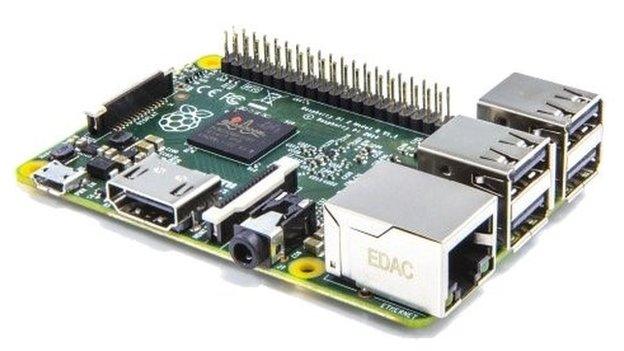
- Published27 August 2015
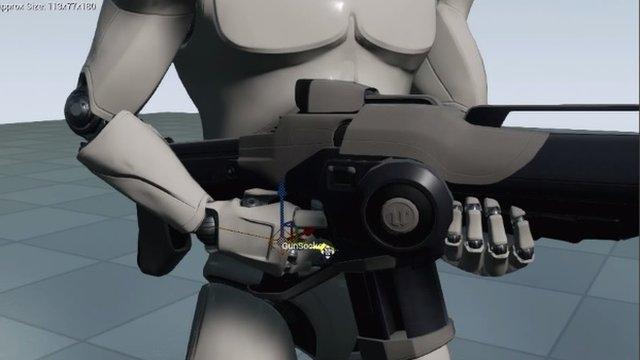
- Published8 July 2015
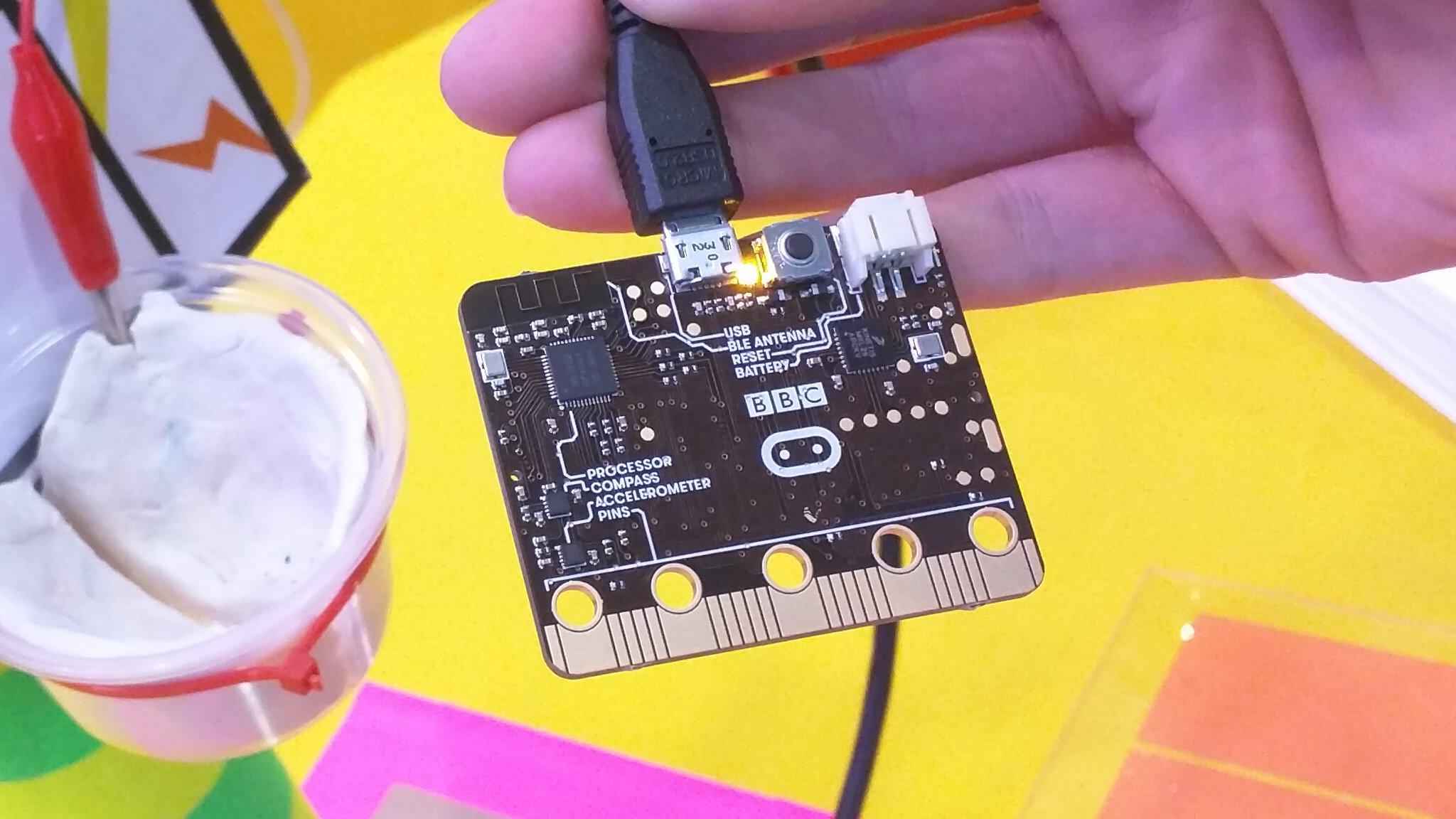
- Published11 May 2015
